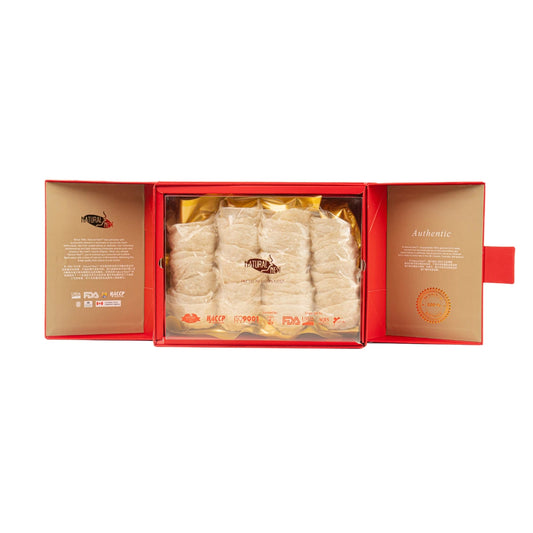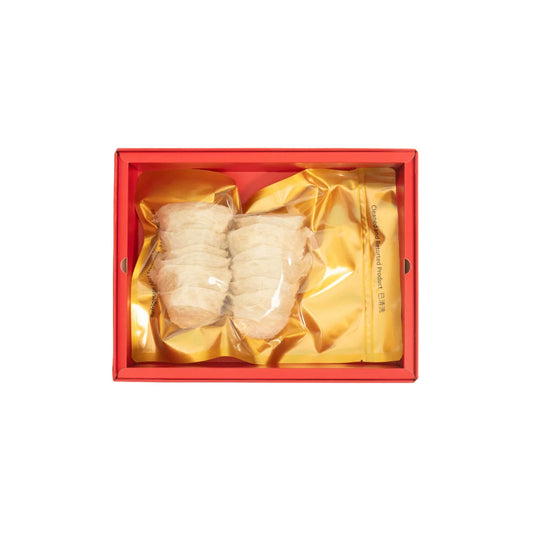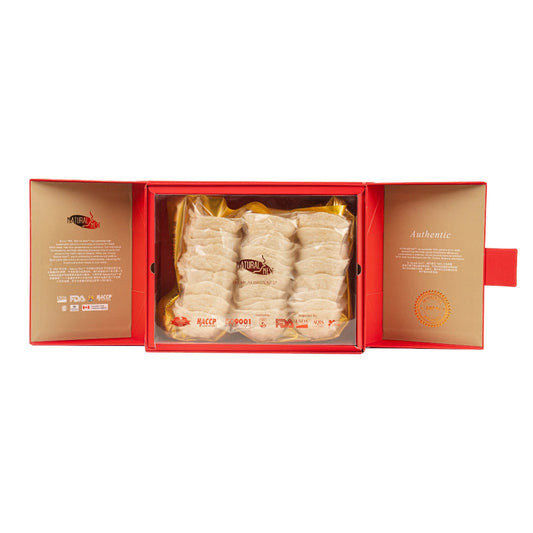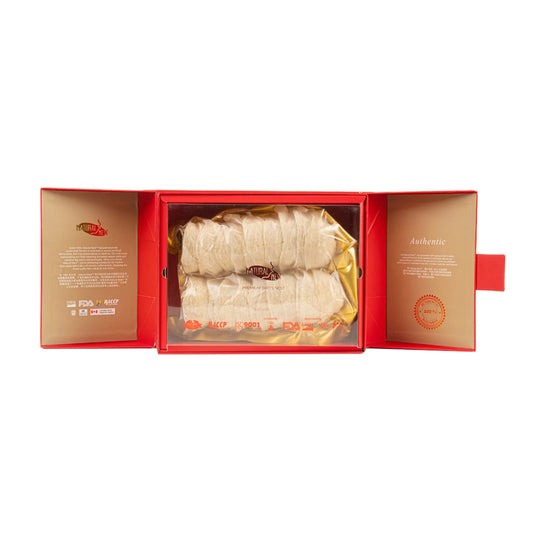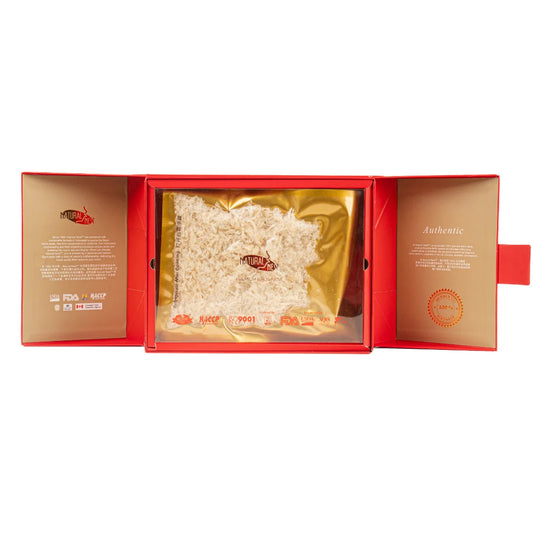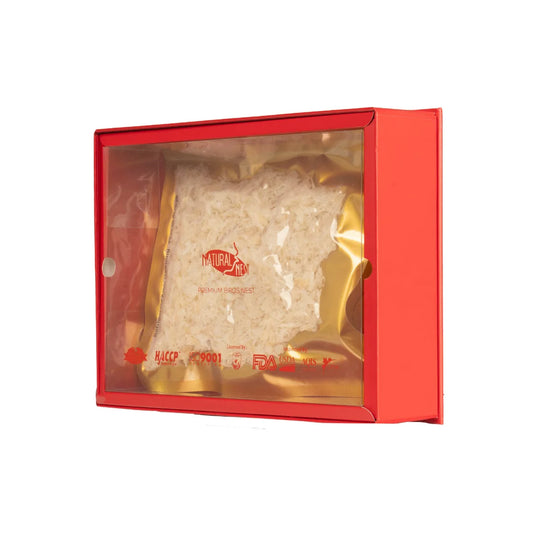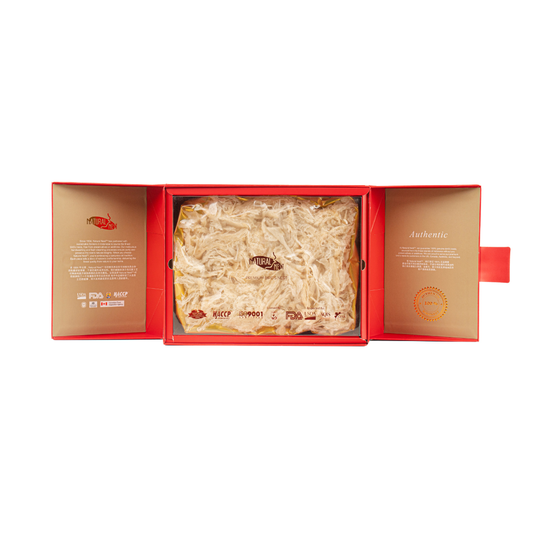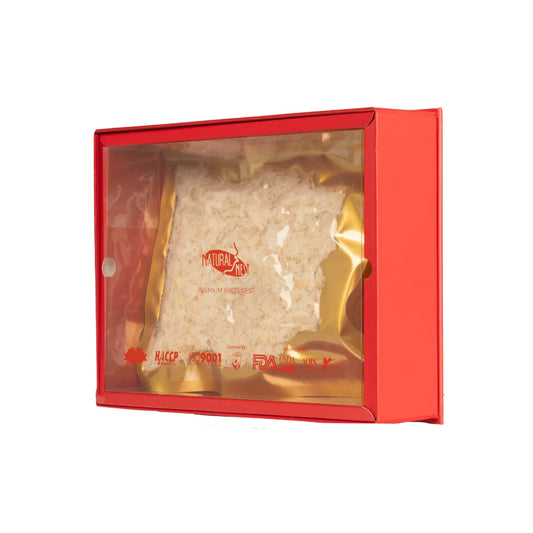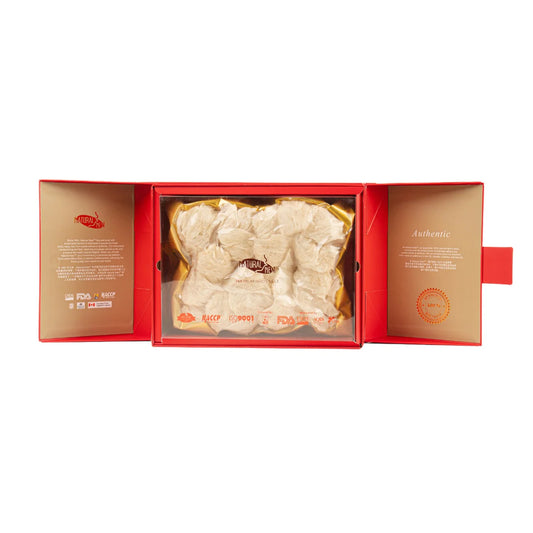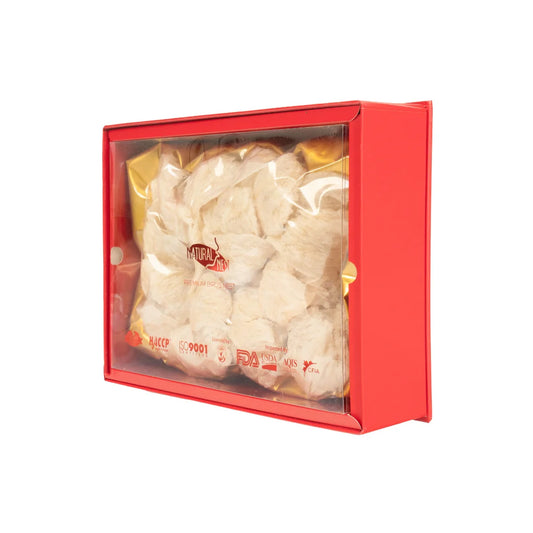As awareness of environmental sustainability and personal well-being continues to grow, many individuals are turning to natural products to redefine their homes and lifestyles. From organic cleaning supplies to eco-friendly home decor, natural alternatives are becoming increasingly popular for those seeking healthier and more sustainable options. These products are not only beneficial to the planet but also to our health and overall lifestyle. Here’s how natural products are reshaping modern living in five key ways.
1. Sustainable Home Cleaning Solutions
Traditional cleaning products often contain harsh chemicals that are not only harmful to the environment but also to our health. Many commercial cleaning supplies are loaded with synthetic fragrances, bleach, and ammonia, which can cause respiratory issues, skin irritation, and other health problems. In contrast, natural cleaning products use plant-based ingredients like vinegar, baking soda, essential oils, and citrus extracts to disinfect, cleanse, and deodorize without toxic side effects.
As consumers become more conscious of the chemicals in their homes, they are opting for eco-friendly alternatives. Products such as all-purpose cleaners, floor sprays, and dishwashing liquids made from organic ingredients are gaining popularity. These natural cleaners are biodegradable, non-toxic, and often come in recyclable or reusable packaging, reducing household waste and supporting a healthier indoor environment.
2. Eco-Friendly Home Decor
Natural products are also making a significant impact on home decor. Consumers are increasingly looking for ways to create beautiful living spaces while minimizing their environmental impact. This shift has led to the rise of eco-friendly furniture, organic textiles, and sustainable decor.
Furniture made from reclaimed wood, bamboo, or responsibly sourced timber is gaining traction. These materials are not only durable but also renewable, reducing the need for deforestation. Additionally, natural fibers such as organic cotton, hemp, and wool are being used in cushions, curtains, and rugs, replacing synthetic materials that contribute to pollution. Organic paints, natural wall finishes, and non-toxic finishes for furniture also support a healthier home environment.
By choosing eco-conscious home decor, consumers are creating spaces that reflect their commitment to sustainability and health, while also embracing minimalist and timeless designs.
3. Healthier Personal Care Products
Another area where natural products are making waves is in personal care. Conventional beauty products often contain synthetic chemicals, parabens, sulfates, and artificial fragrances, which can irritate the skin and pose long-term health risks. In contrast, natural skincare and beauty products are formulated with plant-based ingredients, essential oils, and herbal extracts that are gentle on the skin and body.
From organic face creams and shampoos to natural deodorants and toothpaste, consumers are embracing these healthier alternatives that prioritize skin health and environmental responsibility. Many natural personal care products are free from animal testing, cruelty-free, and packaged in biodegradable or recyclable materials. This shift is not only beneficial to personal well-being but also contributes to reducing waste and protecting animal rights.
4. Sustainable Fashion Choices
Fashion is another industry that’s undergoing a transformation due to the demand for natural and sustainable products. The fast fashion industry has been criticized for its negative environmental impact, with mass production processes contributing to pollution, waste, and exploitation of workers. In response, eco-conscious consumers are turning to natural fibers such as organic cotton, bamboo, linen, and hemp to create more sustainable wardrobes.
Natural fabrics are biodegradable and require fewer pesticides and chemicals in their production compared to conventional materials like polyester and nylon. Additionally, brands are adopting more ethical practices, such as fair wages for workers and sustainable manufacturing processes. Second-hand clothing, upcycled fashion, and clothing rental services are also gaining popularity, further reducing the environmental impact of the fashion industry.
By choosing natural and sustainable fashion, consumers are not only supporting ethical businesses but also reducing their personal carbon footprint and waste generation.
5. Plant-Based Diets and Eco-Friendly Kitchen Products
As the awareness of the environmental impact of animal agriculture grows, many individuals are making the shift towards plant-based diets. Natural products such as organic vegetables, fruits, legumes, and plant-based protein sources are becoming staples in many households. These choices are not only better for personal health—reducing the risk of chronic diseases—but also have a significantly lower environmental footprint than animal-based foods.
In addition to food, eco-friendly kitchen products are also redefining how we prepare and store meals. Natural, non-toxic cookware made from cast iron, stainless steel, or bamboo is replacing Teflon-coated pans, which can release harmful chemicals when overheated. Reusable silicone bags, beeswax wraps, and bamboo utensils are becoming the norm for reducing single-use plastic in the kitchen. These eco-friendly alternatives not only reduce waste but also promote a more sustainable and health-conscious way of living.
Conclusion
Natural products are revolutionizing the way we approach home and lifestyle choices. From cleaning supplies and home decor to personal care and fashion, the movement toward more sustainable, eco-friendly, and health-conscious alternatives is reshaping daily living. By choosing natural products, we are not only improving our health and well-being but also contributing to a cleaner, greener planet. The shift to natural living is more than just a trend—it’s a commitment to making responsible, mindful choices that benefit both ourselves and the environment. As we move forward, these products will continue to play a pivotal role in redefining what it means to live a conscious, sustainable life.

